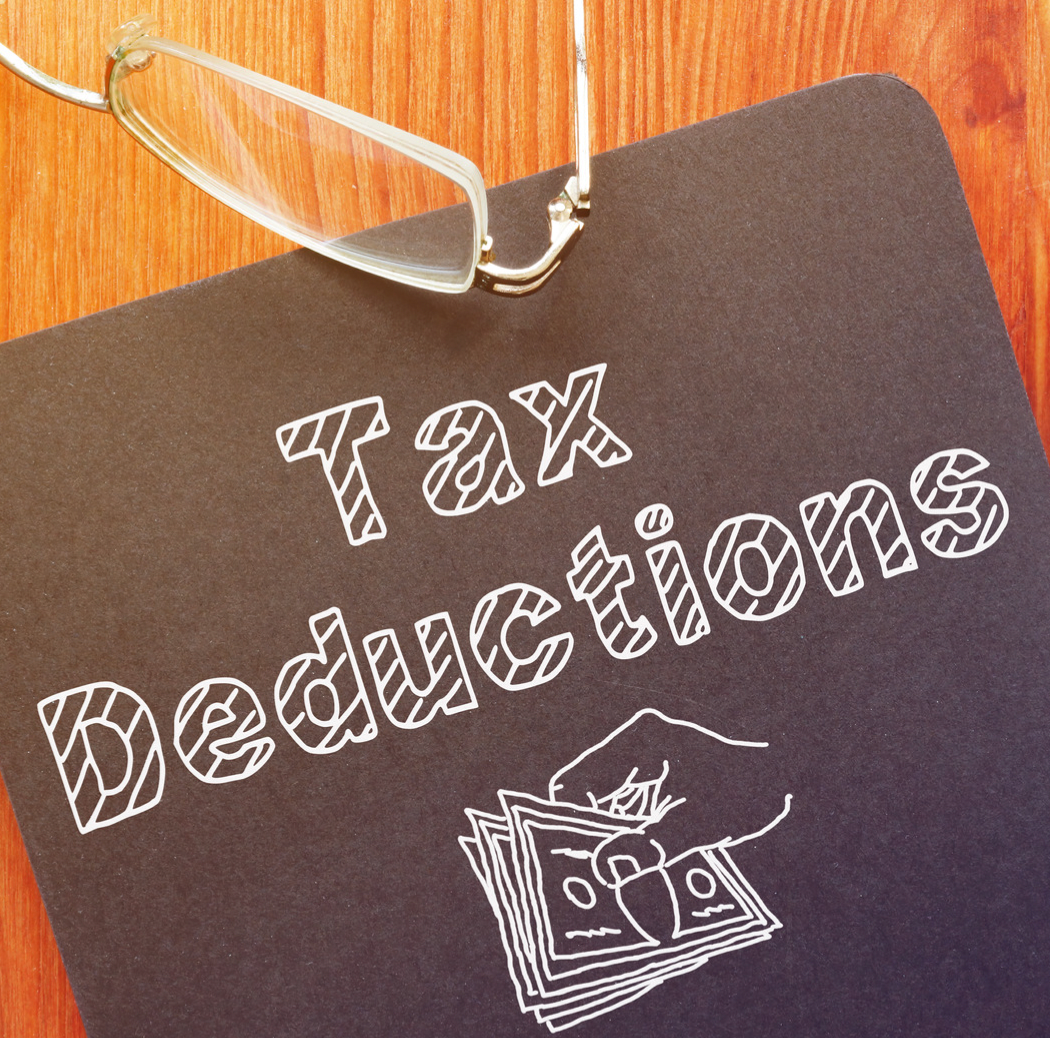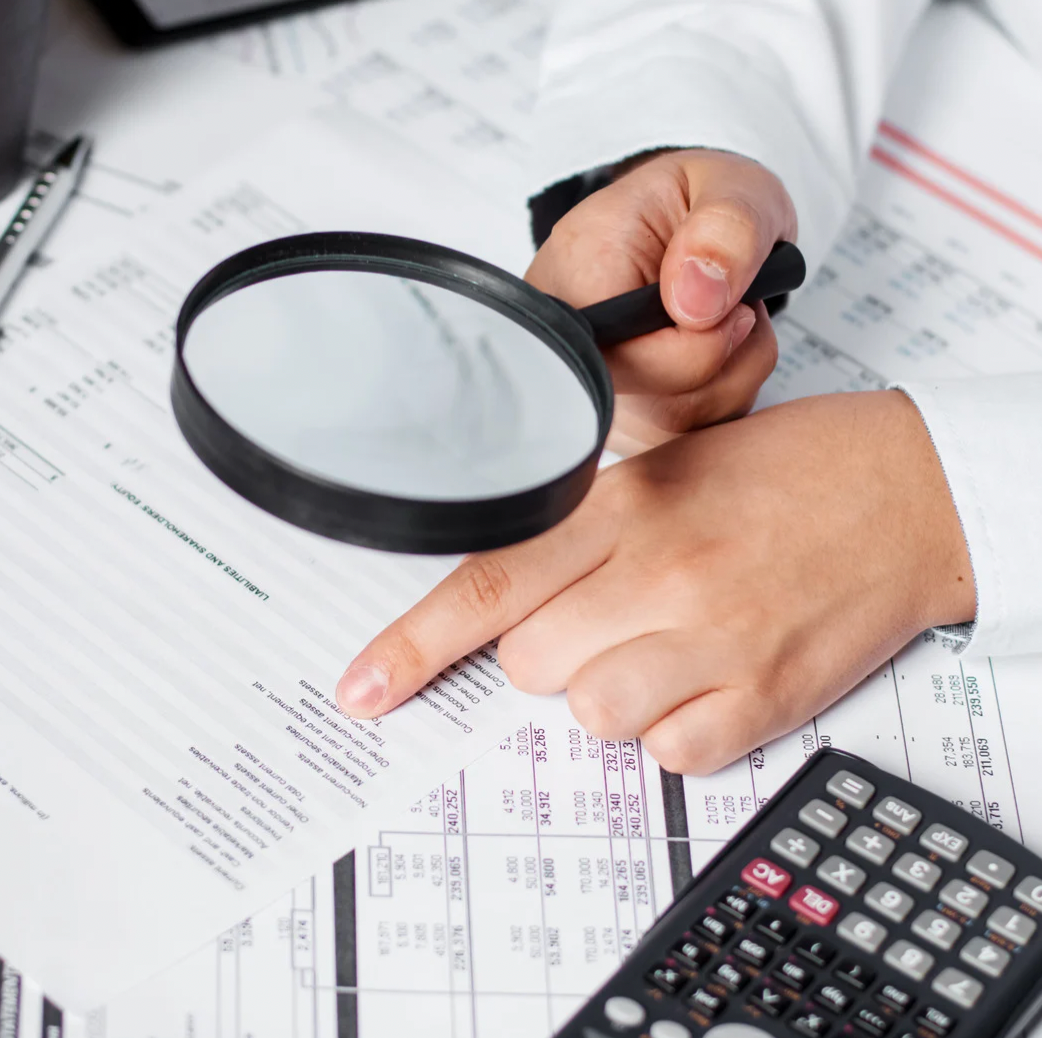Understanding the tax system in the United Kingdom is essential for anyone earning an income. Whether you're a student with a part-time job, a full-time employee, or a self-employed entrepreneur, knowing your tax allowance and how much you can earn before paying tax is crucial.
In this comprehensive guide, we'll explore the various income thresholds and tax rates that apply to residents in the UK, shedding light on how much you can earn before paying income tax.

Personal Allowance: How Much You Can Earn Before You Pay Tax In The UK
The concept of "Personal Allowance" is at the heart of understanding how much you can earn before paying tax in the UK. Personal Allowance is the amount of income you can earn each tax year before you are liable to pay income tax. As of my last knowledge update in September 2021, the standard Personal Allowance is £12,570. However, checking the most recent figures is essential, as tax rules and personal allowances themselves can change annually.
Income Tax Rates
You'll start paying income tax once your income exceeds the Personal Allowance threshold. In the UK, the rate of income tax is progressive, meaning that the more you earn, the higher the rate of tax you'll pay on your income. The income tax rates for the 2021-2022 tax year were as follows:
-
Basic Rate (20%): This rate applies to income between the Personal Allowance (£12,570) and the Basic Rate Limit (£50,270).
-
Higher Rate (40%): If your income falls between the Basic Rate Limit (£50,270) and the Higher Rate Limit (£150,000), you'll be subject to a 40% tax rate.
-
Additional Rate (45%): The Additional Rate applies to income exceeding £150,000.
It's important to note that these tax rates can change, so always consult the most recent government guidelines or speak to a tax advisor for up-to-date information on the tax bills.

National Insurance Contributions
In addition to income tax, you'll also need to consider National Insurance contributions (NICs). NICs are deducted from your earnings to fund various state benefits and services, including the National Health Service (NHS) and the state pension. The amount you pay depends on your employment status and income level.
-
Employees: Employees in the UK typically pay Class 1 NICs. As of my last update, the thresholds for Class 1 NICs were as follows:
-
12% on earnings between £9,568 and £50,270.
-
2% on earnings above £50,270.
-
Self-Employed: Self-employed individuals pay Class 2 and Class 4 NICs. The rates vary, but monitoring the current rates and thresholds is essential, as they can change annually.
Tax Allowances and Deductions
In addition to the standard Personal Allowance, there are various tax allowances and deductions that can affect taxable income and your overall tax liability:
-
Marriage Allowance: If you are married or in a civil partnership, you may be eligible for Marriage Allowance, which allows you to transfer a portion of your Personal Allowance to your spouse or partner, reducing their tax liability.
-
Blind Person's Allowance: If you are registered blind or severely visually impaired, you may be eligible for Blind Person's Allowance, which provides an additional tax-free amount on top of your Personal Allowance.
-
Pension Contributions: Contributions to a registered pension scheme can reduce your taxable income. This can be an effective way to save for retirement while reducing your tax liability.
-
Tax Reliefs: Some individuals may be eligible for specific tax reliefs, such as the Enterprise Investment Scheme (EIS) or the Seed Enterprise Investment Scheme (SEIS), which can reduce the amount of tax you owe on certain investments.

Other Income Sources
It's important to note that your total income includes your salary and income from other sources, such as rental income, dividends, and interest from savings. These sources of income may have different tax rules and allowances to pay out, so it's crucial to understand how they impact how much tax is and your overall tax liability.
Tax Year and Annual Review
The tax year in the UK runs from April 6th of one year to April 5th of the following year. Each tax year, your Personal Allowance, income tax rates, and National Insurance thresholds may change, so it's essential to keep up to date with the latest figures, tax codes and regulations.
Additionally, conducting an annual review of your financial situation is recommended to ensure you are taking advantage of all available tax allowances and deductions. This may involve consulting with a tax advisor or using online tax calculators to estimate your tax liability accurately.

Speak With An Accountant About If You Need To Pay Income Tax Today!
In the United Kingdom, the amount you can earn before paying tax depends on several factors, including your Personal Allowance, income tax rates, National Insurance contributions, and various allowances and deductions. Understanding these elements is crucial for effective financial planning and tax management.
To stay informed and make the most of your income, regularly check government websites and consult with tax professionals to ensure you are taking advantage of all available allowances and deductions. By doing so, you can optimise your finances, pay taxes, and minimise your tax liability while staying within the bounds of the law.
To ensure you are staying compliant and on top of your taxes, contact The Numbersmith today!